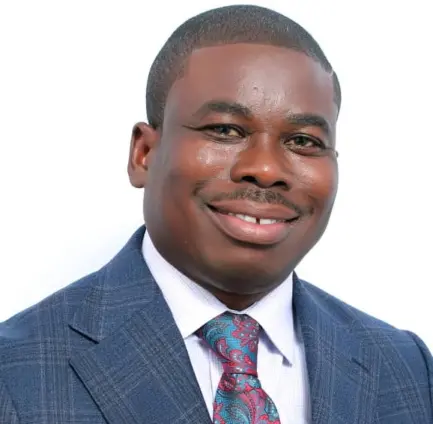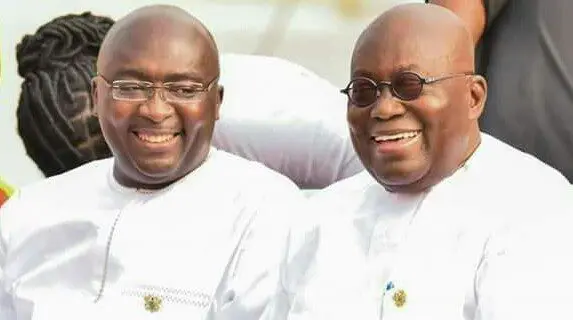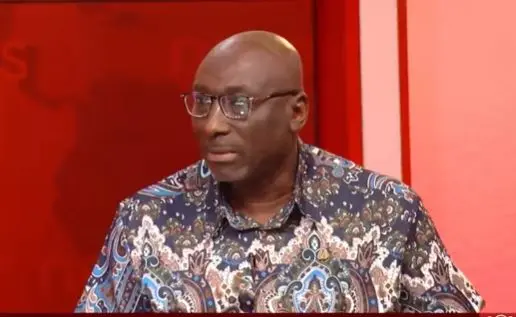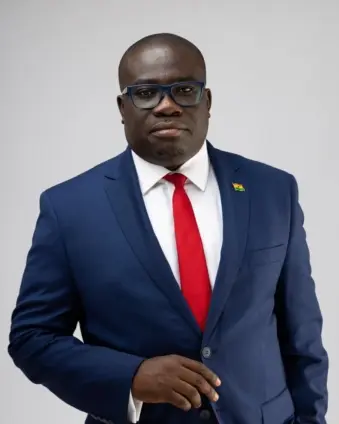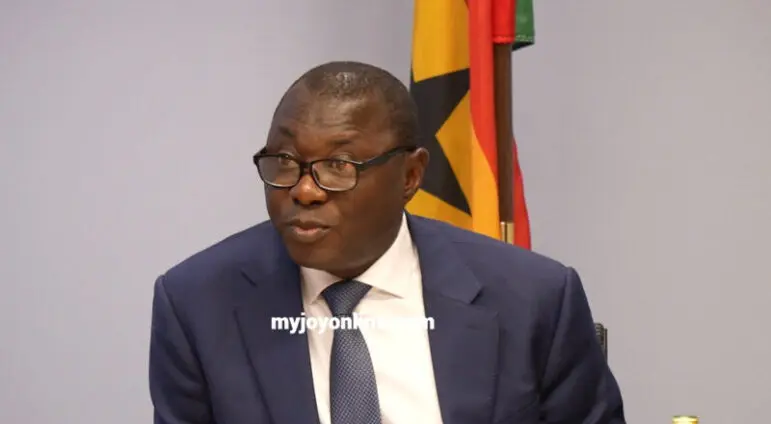Dr. Mahamudu Bawumia, the former Vice President and current flagbearer of the NPP, recently ignited a political firestorm with a sharp critique of the governing NDC. Speaking during his UK Thank You Tour, Bawumia accused the NDC of betraying their promises and resorting to mere propaganda. His central argument: the NDC’s actions in government stand in stark contrast to their campaign rhetoric. As Ghana gears up for the 2028 election, Bawumia’s accusations raise crucial questions about accountability and the state of Ghanaian politics. This criticism comes at a time when the populace is increasingly sensitive to unfulfilled promises and yearning for tangible improvements in their daily lives. The efficacy of the current government is under intense scrutiny, especially concerning its commitments to economic stability and social welfare. Bawumia’s comments highlight the growing tensions between the ruling party and the opposition, suggesting a potentially contentious political landscape in the lead-up to future elections.
Bawumia didn’t mince words, directly attacking what he sees as fundamental failures in the NDC’s governance. He specifically targeted the NDC’s economic promises, claiming they’ve fallen woefully short.
“They said when they come, they will bring down the cost of kenkey and the cost of living,” Bawumia stated. “Prices are rather going up, whether you are looking at cement or other things.” He contends that instead of alleviating the economic burden on citizens, the NDC has presided over a period of rising prices, impacting everything from basic foodstuffs to construction materials. The reality on the ground, according to Bawumia, directly contradicts the pledges made to the electorate.
Beyond the general cost of living, Bawumia also focused on the NDC’s promises to cocoa farmers, a critical segment of Ghana’s economy. He accused the party of deliberately misleading these farmers with unrealistic promises of dramatically increased cocoa prices.
“They also lied to cocoa farmers that they are going to increase the price of a bag of cocoa from ¢3,100 to ¢7,000…Today, they are saying they had the wrong information,” Bawumia asserted. The accusation is that the NDC offered false hope to a vital industry, only to later backtrack and attribute the broken promise to inaccurate data. This, Bawumia suggests, is not merely a policy misstep, but a deliberate attempt to deceive a key constituency.
Another area of contention highlighted by Bawumia is the issue of teacher licensure exams. He claims the NDC pledged to abolish these exams, only to reverse course once in power.
“They told teachers that once they get into office, the teacher licensure exams will be abolished. Today, they are telling them they won’t touch it again,” Bawumia stated. This flip-flop, according to Bawumia, demonstrates a lack of commitment to the teaching profession and a disregard for the promises made to educators during the campaign. The status of this policy is clearly a sensitive issue, generating significant debate within the educational community.
One of the most prominent policy proposals from the NDC has been the ambitious 24-hour economy plan. However, Bawumia dismisses this policy as unrealistic, particularly in light of Ghana’s persistent power outages, commonly referred to as “Dumsor.”
“Of course, we all knew it was a joke,” Bawumia quipped. “How can you have a 24-hour economy with dumsor at the same time? You can’t.” His argument is straightforward: a round-the-clock economy cannot function effectively without a reliable and consistent power supply. The ongoing energy crisis, in Bawumia‘s view, renders the entire 24-hour economy concept impractical and even laughable.
Despite his criticisms, Bawumia also acknowledged that the NPP made mistakes during its time in office. This admission, though perhaps politically strategic, demonstrates a willingness to learn from past experiences.
“There’s no doubt…we didn’t get everything right,” he admitted. “I apologise to all of you for us not getting the things right that we should have gotten.” This mea culpa, while not specifying particular policy failures, signals a commitment to addressing past shortcomings and a desire to regain the trust of the Ghanaian people.
Looking ahead to the 2028 election, Bawumia expressed optimism about the NPP’s chances, drawing on historical precedent and the perceived advantage of experience. He argues that first-time presidential candidates in Ghana typically face significant challenges.
“Our political history suggests that it is usually very difficult for a first-time presidential candidate to win an election in Ghana,” Bawumia stated, citing examples such as John Agyekum Kufuor, John Mills, and Akufo-Addo, all of whom faced initial electoral defeats before ultimately winning the presidency. This historical analysis forms the basis of Bawumia‘s confidence in the NPP’s prospects.
Dr. Bawumia‘s pointed critique of the NDC encapsulates the key battlegrounds of Ghanaian politics. His pronouncements, delivered during his UK Thank You Tour, represent a forceful challenge to the incumbent administration’s record. While acknowledging the NPP’s own missteps, Bawumia projects confidence in his party’s ability to reclaim power in 2028. The accuracy and impact of his claims will undoubtedly shape the trajectory of Ghanaian politics in the years to come. It is crucial to note that these points originate directly from Bawumia‘s speech, and further independent verification is essential to fully understand their broader implications and validity within the complex context of Ghanaian politics and the upcoming 2028 election. This political discourse is important for the future of Ghana politics.
Image Source: MYJOYONLINE











